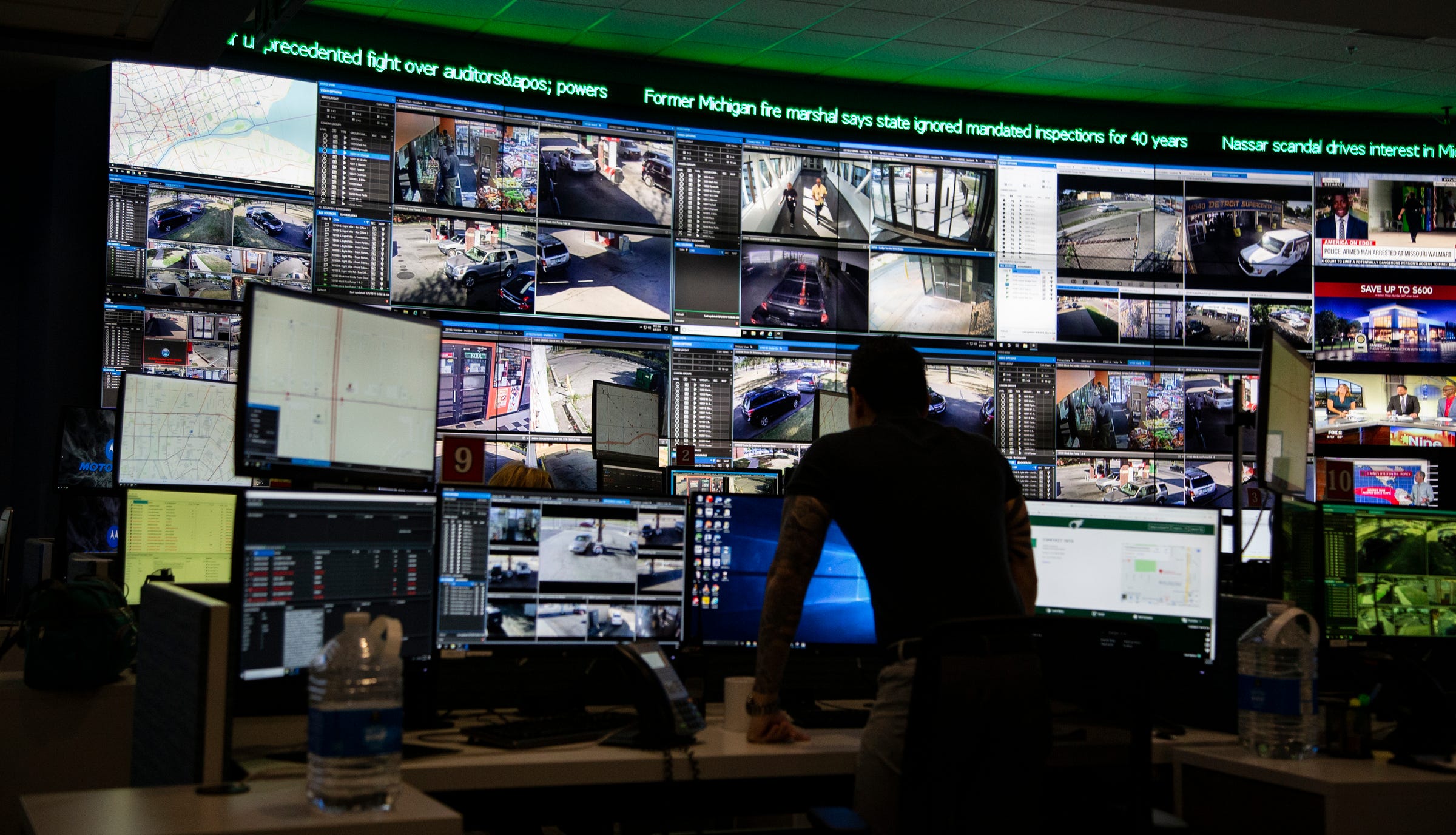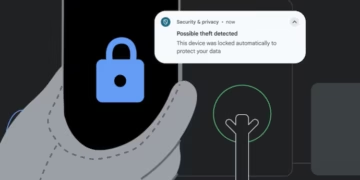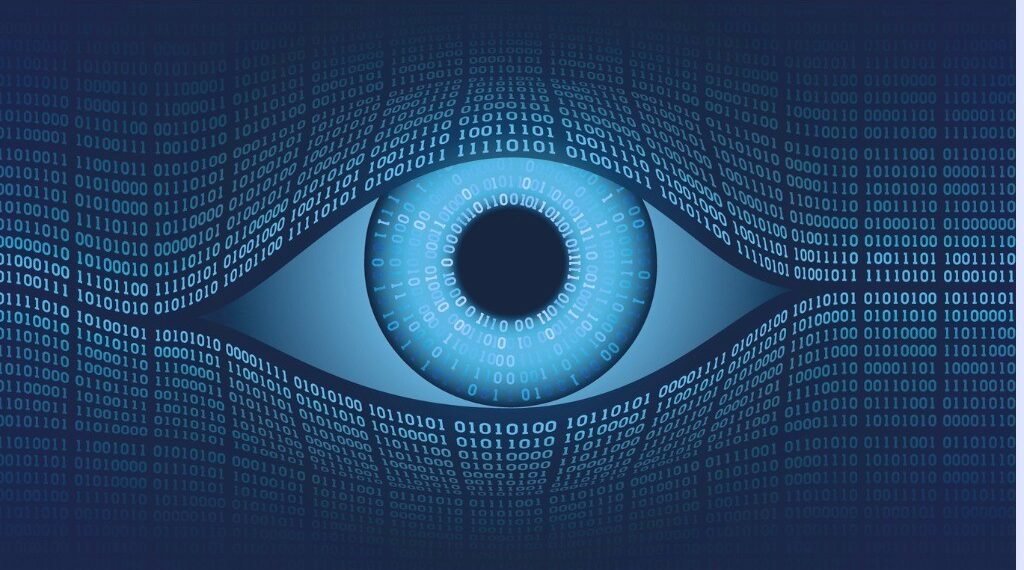The Communications Security Establishment (CSE), Canada’s national intelligence agency, has recently made it known that it not only monitors the internet for extremist activity, but also works actively, manipulating and damaging the online reputation of extremists. This unbelievable confession has raised issues related to the issue of privacy and government intrusion.
The Way U.S. Agencies are Using Your Social Media and Why it is a Problem.
Social media is not only in places where we see friends interacting, or where we scroll. It is also the place where the FBI and other U.S. federal agencies, such as the Department of Homeland Security (DHS) and the State Department, cruise through what we post, like, and share, not only when conducting criminal investigations, but in immigration screening too.
Although government agencies claim that this will assist them in monitoring security threats and coordinating national security, the situation is much more complicated. The absence of governance, accompanied by an inclination toward prejudice and doubtfulness in effectiveness, is a genuine threat to civil freedoms, particularly to formerly underrepresented groups.
Which Agencies Monitor Social Media?
A long list: the DHS, FBI, State Department, ICE, DEA, ATF, IRS, USPS, and others. But the biggest players in online surveillance are DHS, the FBI, and the State Department.
What Agencies oversee Social Media?
1. Investigations
The DHS, FBI, State Department, ICE, DEA, ATF, IRS, USPS, and so forth. DHS, the FBI, and the State Department are, however, the greatest actors in the surveillance of online activities.
2. Threat Detection
Even without a detailed investigation, social media is scanned for hints of possible violence or terrorism. This is usually done by hiring private contractors under the name of the government.
3. Situational Awareness
During natural disasters or emergencies, social chatter is tracked by agencies such as FEMA and CBP. This covers such tracking keywords as earthquake, attack, or outbreak.
4. Immigration & Travel Screening
The vetted persons include the visa applicants and the immigrants on the basis of their social media profiles. Their (or their friends) posting on the web can influence the decision on letting them enter, or reside in the U.S.
What is the Risk?
Wrongful Targeting
Individuals have been jailed, deported, or excluded from the U.S., according to a misinterpreted joke or relationship to another post. Take the case of Jelani Henry, who was incarcerated on social media charges for over a year because of the so-called likes by his friends to declare him a gang member.
Misinterpretation
Slang, sarcasm, or even satire can truly be pulled out of context and can have real-world consequences- a British tourist was deported because of a joke tweet, or a teenager in Kansas was arrested due to a misinterpreted Snapchat.
Self-Censorship
The awareness of being observed tends to curtail free speech. Foreign-based performers have shied away from propagating political material in fear of jeopardizing their visa position.
Privacy Loss
Your religion, sexual orientation, mental health status, or political views might be exposed even in those posts that are supposed to be public. Even personal accounts may be revealed by the publications of friends or low levels of privacy on the platforms.
Who is Most Afflicted?
Every minority group is usually the most affected one: Black, Latino, Muslim, immigrant, and activist communities are already under scrutiny.
To surveil activists of racial justice, of which there are many, the FBI invented the threat label, now defunct, of Black Identity Extremism.
DHS has monitored anti-Trump protesters, immigration activists, and even journalists using social media metadata.
Arab and Muslim populations have been over-scrutinized because of the Muslim ban under Trump.
Government Monitoring and Manipulation of Extremist Content: Canada's CSE not only monitors online extremist activity but also manipulates and damages extremists' online reputations, raising concerns about privacy and government intrusion.
U.S. Agencies' Use of Social Media for Surveillance: U.S. federal agencies such as the FBI, DHS, and State Department actively monitor and scrutinize social media posts for criminal investigations, security threats, and immigration screening, often without clear oversight.
Risks of Social Media Surveillance: Social media monitoring can lead to wrongful targeting, misinterpretation, self-censorship, privacy loss, and disproportionate scrutiny of minority and activist groups, undermining civil freedoms.
Effectiveness and Regulation of Social Media Monitoring: Despite extensive surveillance efforts, agencies report limited effectiveness, and existing guidelines are broad, outdated, or inconsistently applied, raising questions about transparency and legality.
Impact on Civil Liberties and Potential Solutions: Widespread social media surveillance infringes on free speech and privacy, often with little impact on security; stricter regulations, oversight, and protection of digital civil liberties are necessary.
And does it work?
Not really. DHS itself has found through its reviews that social media monitoring usually increases babble rather than practical wisdom. Memes, sarcasm, and ambiguity convey the message that it is impossible to understand who is serious and who is not.
Even the FBI has grumbled about information on intelligence reports being what they described as a load of crap filling up its systems.
Do There Exist Any Rules?
Yes, well, they are either broad, un-updated, or applied differently.
The Domestic Investigations and Operations Guide (DIOG) of the FBI provides steps of surveillance starting with simple assessments or conducting of full investigation; nonetheless, the guide permits surveillance without probable cause.
When they are tracking operational social media data, the DHS has only a few guidelines for its agents. Policies are uneven and liberal.
According to the State Department, which declares the use of a platform guide and has a rule against discrimination based on race, religion, or politics, its rules are not transparent.

But What Amounts to the Constitution?
The Drawbacks of the First and Fourth Amendments are grave.
The First Amendment safeguards the freedom of speech, movement, as well as religion, yet this does not mean that no one has been targeted after voicing a political opinion.
The Fourth Amendment is to guard against unreasonable searches and seizures, yet the process of whether the posts are considered public when they are shown publicly remains a debatable case in court.
Does this Have Support in Platforms?
Offhand, no. Facebook, Twitter (now X), and Instagram do not allow their data to be used in the surveillance area, particularly following the investigation by the ACLU in 2016. However, enforcement tends to be uneven, and in some cases, agencies flaunt platform regulations (e.g., using pseudonymous accounts on Facebook and going against the real name policy).
What about the Private Companies?
Others seek out contractors to flag keywords, examine posts, and score perceived threats with faulty AI tools. These systems are terribly bad at guessing words, more so with non-standard English, slang, or foreign languages; they are not open to public scrutiny regarding transparency, as government agencies are.
The reason the Information Sharing makes Things Worse
The information on social media is shared between the federal agencies, used by local police, fusion centers, and occasionally foreign governments. That exposes one to:
Kindness mistakes when it is out of context
Racial profiling
Beating of protesters through aggressive policing
Error in the flagging of immigrants or the admittance of immigrants
Final Thought
It may seem an intelligent solution to track social media and prevent threats; however, in most cases, it is much more harmful than positive. It cools free speech, infringes privacy, and singles out weaker groups disproportionally. And what is worse of all, it hardly ever works as it ought to.
The solution? More executive supervision, definite regulations, and firm protection of digital civil liberties.





































